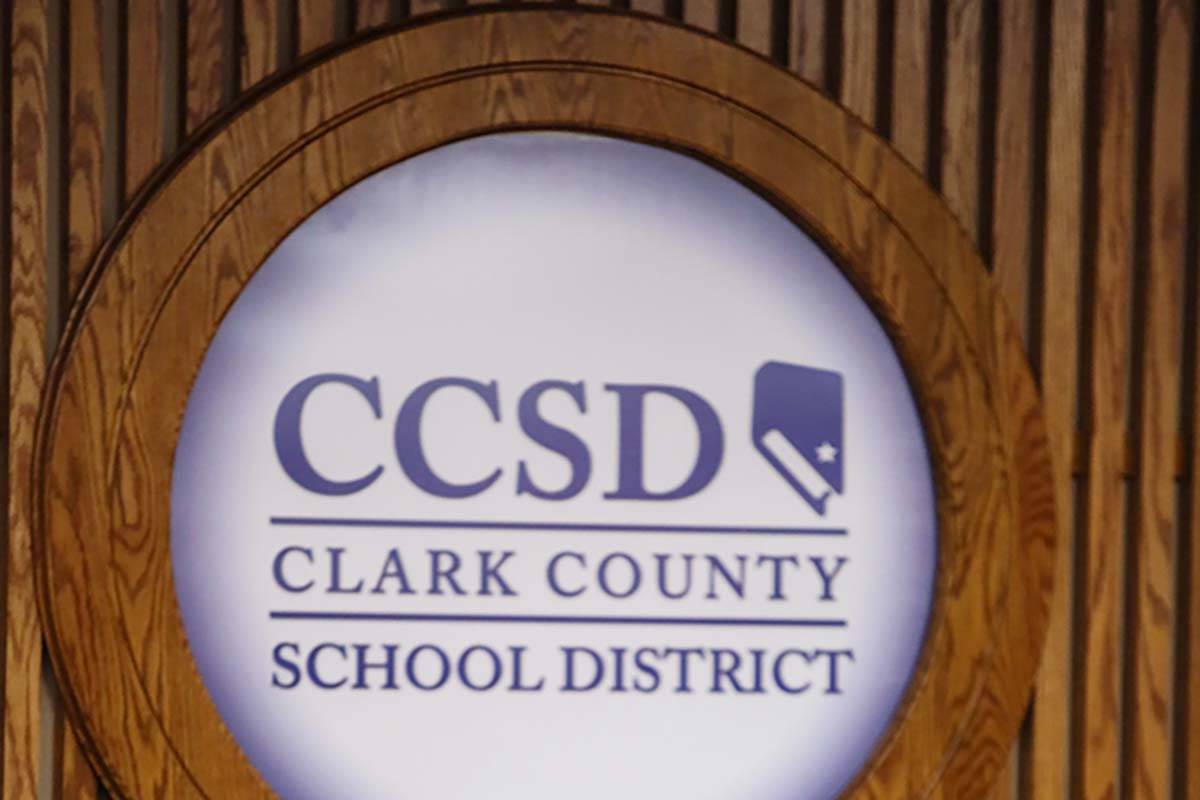Union for CCSD support staff seeks summer unemployment benefits
A union representing Clark County School District support staff wants the state to expand eligibility for unemployment benefits this summer because of the COVID-19 outbreak.
Under state law, Nevada school employees aren’t considered unemployed during summer months if they have “reasonable assurance of reemployment” for the following school year.
But the Education Support Employees Association says that’s problematic for the district’s nine- and 10-month-a-year workers, who often rely on summer jobs to get by, since opportunities are extremely limited this year.
“I worry about them,” said Lisa Guzman, executive director of the ESEA and assistant executive director of the Nevada State Education Association. “I really do. It’s devastating to know that you cannot find work.”
Since the Clark County School District’s school year ended Wednesday, many support employees won’t work or get paid again until after the summer break ends Aug. 10.
Support staff includes paraprofessionals, school bus drivers and workers in food service, custodial, maintenance, clerical services, school libraries, skilled trade and technical services and security. Many are among the lowest-paid workers in CCSD, Guzman said.
The NSEA, the parent organization over ESEA, launched a change.org petition two weeks ago urging Gov. Steve Sisolak to broaden summertime eligibility for unemployment benefits to include education support employees. As of Wednesday morning, 11,608 people have signed it, well on the way to the union’s goal of 15,000 signatures.
The union also sent a letter Thursday to Sisolak and leaders in the state Legislature. And ESEA interim president Jan Giles submitted a public comment for the state’s May 13 Interim Finance Committee meeting.
Guzman said the union asked the governor in April to look at the law and see if there’s a way to relax it for the summer. Since then, “We bring it up every chance we get.”
Nevada schools closed in mid-March because of the COVID-19 outbreak, and distance learning continued for the rest of the school year.
Many CCSD support employees worked on certifications and watched training videos from home during the school closure, Guzman said. And some were doing in-person work, such as handing out meals to children, distributing Chromebooks and driving Wi-Fi-enabled buses.
CCSD spokesman Mauricio Marin said education support employees were paid during the school closure this spring. Substitute teachers — with the exception of those filling long-term vacancies — weren’t.
Marin said he doesn’t have information about how many support employees will fill summertime roles.
Rosa Mendez, spokeswoman for the Nevada Department of Employment, Training and Rehabilitation, which oversees unemployment benefits — confirmed Monday that teachers typically aren’t eligible for unemployment over the summer if they’re expected to return to work the following school year.
In a May 11 email to employees obtained by the Review-Journal, CCSD provided “reasonable assurance of reemployment” for the 2020-21 school year, also indicating that they were probably ineligible to collect unemployment.
If an employee has an open or pending claim for unemployment benefits, he or she must notify DETR when CCSD is on summer break, the district said. “If you fail to report that you are on summer break, you may receive benefits that you are not entitled to and will be liable for any overpayment.”
Contact Julie Wootton-Greener at jgreener@reviewjournal.com or 702-387-2921. Follow @julieswootton on Twitter.











































